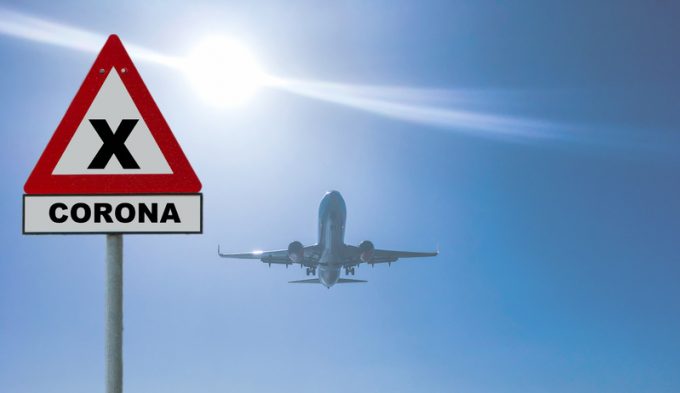Shippers snap up airfreight capacity to US ahead of tariff deadline
Shippers are snapping up air charter capacity as they look to rush goods from all ...

Concern is mounting about supply chain disruption from the rising number of Covid-19 infections in the US, just as the air cargo industry is getting ready to play a key role in the distribution of vaccines.
These worries are most pronounced around air cargo flows, but other modes are also giving cause for concern.
A spate of cancelled transpacific cargo flights to Los Angeles International Airport (LAX) has highlighted the problem. According to reports, dozens of freighter flights to LAX have been ...
'Disastrous' DSV-Schenker merger would 'disrupt European haulage market'
New senior management for DSV as it readies for DB Schenker takeover
Volumes set to 'fall off a cliff' as US firms hit the brakes on sourcing and bookings
Asian exporters scramble for ships and boxes to beat 90-day tariff pause
Amazon pushes into LTL for small package fulfilment and UPS does a u-turn
Temporary tariff relief brings on early transpacific peak season
Pre-tariff rush of goods from US to China sees air rates soar, but not for long
Forwarders 'allowing the fox into the chicken run' by supporting 'hungry' carriers


Comment on this article